
As the final piece of the National Poetry Month Blog Tour, you, readers, get to vote for your favorite posts.
The top posts will receive poetry prizes.
- Songs of Innocence and Experience by William Blake
- Wounded in the House of a Friend by Sonia Sanchez
- Blessing the Boats by Lucille Clifton
- Except by Nature by Sandra Alcosser
- Tipping Point by Fred Marchant
- Beat Generation by Jack Kerouac
- The Looking House by Fred Marchant
- Native American Songs and Poems by Brian Swann
- 1914-18 in Poetry by E.L. Black
Have fun, read some more about poetry, and feel free to join the conversation. I would encourage everyone to add a little more poetry to their lives.
If you need to find the posts, click on the blog tour button and access the tour list.
Please record your one vote in the poll. Voting goes through May 15!
***
Don’t forget today’s tour stops at Brimful Curiosities and Diary of an Eccentric with The Girl.
[poll id=”2″]


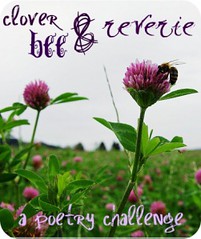

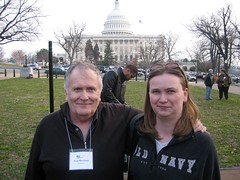 About the Poet:
About the Poet:
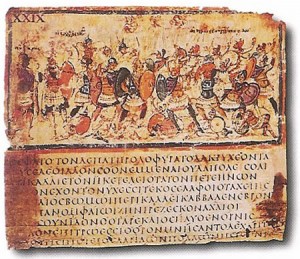



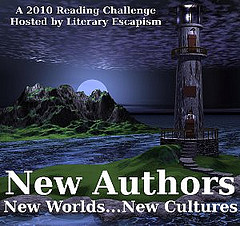

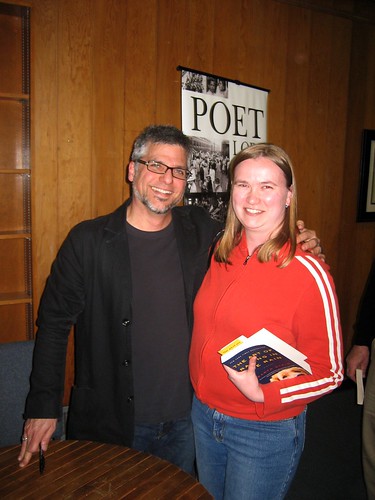 Over the weekend, I had a great opportunity to meet author
Over the weekend, I had a great opportunity to meet author 


 James Patterson
James Patterson When multiple homicides occur, Cross often is briefed at the Metropolitan Police Department headquarters in the Henry J. Daly Building, which was named after Sgt. Henry “Hank” Daly. He also often runs into the FBI at Quantico and elsewhere. Cross has crisscrossed the United States a number of times, but now he’s even traversed the ocean.
When multiple homicides occur, Cross often is briefed at the Metropolitan Police Department headquarters in the Henry J. Daly Building, which was named after Sgt. Henry “Hank” Daly. He also often runs into the FBI at Quantico and elsewhere. Cross has crisscrossed the United States a number of times, but now he’s even traversed the ocean.
 After reading a number of these novels, I think Washington, D.C., is an excellent location to have as a home base. The city has a high crime rate and is the home of espionage and more, but in
After reading a number of these novels, I think Washington, D.C., is an excellent location to have as a home base. The city has a high crime rate and is the home of espionage and more, but in 
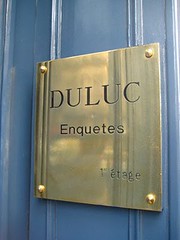
 ***
*** When I was asked by Nicole at Linus’s Blanket to join her on
When I was asked by Nicole at Linus’s Blanket to join her on 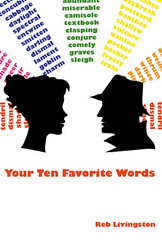
 About the Poet:
About the Poet:



